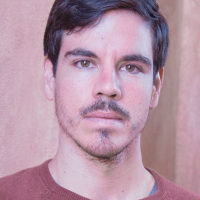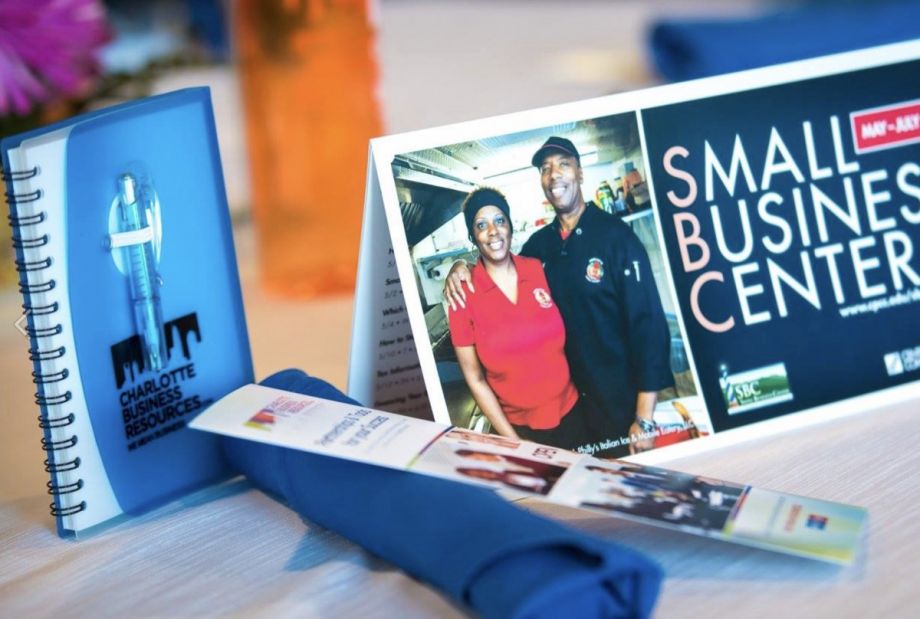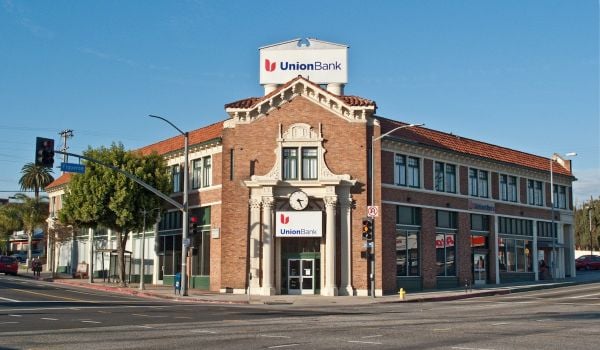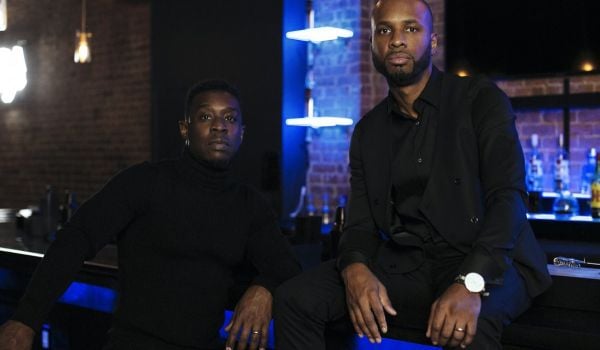To glimpse the hurdles keeping Charlotte, North Carolina, from becoming a hot spot for entrepreneurs, all you have to do is try a batch of one woman’s homemade cookies.
Her great-great-aunts used to bake them. And then her grandmother. They’d whip up a batch during times of hardship and rally the family around the oven. And now the recipe has landed in one Charlotte resident’s hands, rich with an intimate history.
It’s the perfect backdrop for a marketing campaign. But last year when the woman met with Holly Eskridge, who heads the city’s entrepreneurship and small business development program, she said she didn’t even know where to begin if she wanted to get more customers. There’s a circle of friends and neighbors who can already attest to their deliciousness, but what about beyond that?
The city had already funded a website, CharlotteBusinessResources.com, which puts small businesses in touch with online resources. But after hearing the woman’s story, Eskridge realized the online portal wasn’t a fit for her needs.
“She really does need someone to sit down with her,” Eskridge says.
She’s leading the city’s push to make sure more minorities and women are included in Charlotte’s entrepreneurial fabric, and has been holding focus groups and conducting local surveys to determine what’s holding back nascent entrepreneurs like the baker. “There was data presented that said there are people who are not able to access the amount of opportunity that others are. We looked at that and said, OK, that has to be happening in the business community as well,” says Eskridge.
The data she’s referring to is from work by economist Raj Chetty and others examining how economic mobility relates to where you were born in the U.S. They determined Charlotte had the worst score among the 50 largest metros in the country: If you were born into a family whose annual income is less than that of 80 percent of the population, you only had a 5.4 percent chance to make it to the top 20 percent of that income spectrum later on in life.
“When somebody presents a report like that, it makes you think about reporting in a more specific way,” she says. Charlotte’s ranking in that 2014 study prompted city leaders to form a task force, and that group released a report this week on its findings about poverty in the region. Next steps include setting specific goals around creating opportunity and raising money to fund the efforts.
Meanwhile, Eskridge’s department is trying to create a completely revamped needs assessment among the entrepreneurship community. They’re sifting through the data, which they collected from interviews with 200 small businesses, to find ways they can direct resources so tech innovators and not-so-tech-savvy innovators alike can get the resources they need, delivered in the way they prefer.
The push isn’t only for the benefit of the business-minded. “If you don’t have a thriving entrepreneurial ecosystem,” says Eskridge, “I don’t believe that your city is going to be financially healthy.”
The sentiment has been echoed in research by organizations like the Fund for Our Economic Future. In 2013, the Ohio-based think tank looked at economic performance among U.S. cities between 1980 and 2011, and found that cities with higher rates of self-employment and a well-rounded support ecosystem for entrepreneurs had the highest shared prosperity.
Eskridge says Charlotte is getting creative with its approaches to tapping into undiscovered entrepreneurs — including one method that involves engaging people entering the city’s new career training pipeline.
Last year, the city gave the Urban League and Goodwill Industries $1 million to build out an already up-and-running workforce development program. Eskridge and her crew helped spread the word throughout the city about the program, and 46 trainees became part of the first cohort in December.
But on top of preparing those workers from low-income neighborhoods for careers in booming industries like construction and fiber-optics installation, they’re also going to ask them about their interest in entrepreneurship, in a search for innovative ideas that otherwise would have remained in the realm of “What if?”
“According to Goodwill and the Urban League, this is an absolute need,” says Eskridge.
Her department is still in the startup phase when it comes to building these ideas into bona fide systems, and cities throughout the U.S. have yet to uncover one single, barrier-shattering approach to building equity alongside entrepreneurship. One test will be whether or not they can help an unknown voice with a marketable product — baked or otherwise — rise to the top.
“I personally don’t face tremendous equity issues, so I need to get out there and try and talk to the people we need to help,” says Eskridge. “Really what I think what we all want to do is to really, truly figure out a way to help each other. And that’s what [the local baker’s] business model has been built on.”
The Equity Factor is made possible with the support of the Surdna Foundation.

Johnny Magdaleno is a journalist, writer and photographer. His writing and photographs have been published by The Guardian, Al Jazeera, NPR, Newsweek, VICE News, the Huffington Post, the Christian Science Monitor and others. He was the 2016-2017 equitable cities fellow at Next City.

















